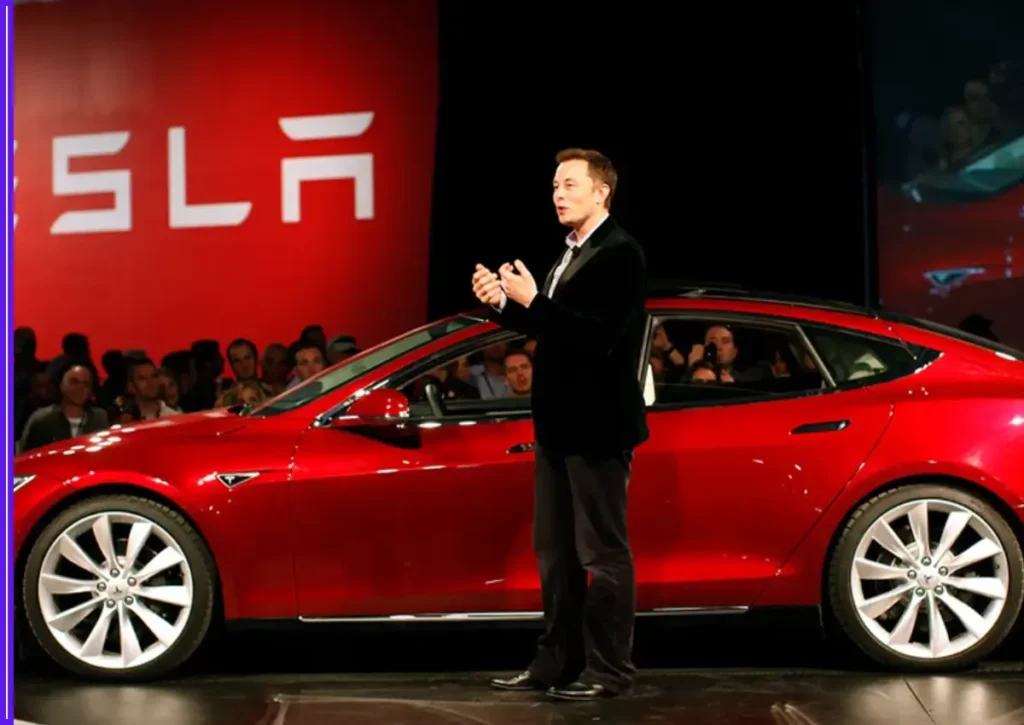Tesla has officially decided not to set up a manufacturing unit in India, despite recent government efforts to attract foreign electric vehicle (EV) makers through a newly announced EV policy. The update was confirmed by Union Heavy Industries Minister H.D. Kumaraswamy, who stated that the U.S.-based EV giant is only interested in opening sales outlets in the country.
This development comes shortly after the Indian government rolled out a policy offering steep import duty concessions—reducing the rate to 15% from as high as 70%—for global automakers willing to invest a minimum of $500 million and begin local production within three years.

“Tesla is not looking to manufacture in India,” Minister Kumaraswamy said. “They are only keen on setting up retail operations to sell imported cars.”
The government’s EV policy was largely seen as a strategic move to bring Elon Musk’s company into the Indian manufacturing ecosystem. However, Tesla’s decision suggests the company is prioritizing market entry through imports rather than long-term industrial investment in India.
While Tesla stays on the sidelines, other international carmakers, including Mercedes-Benz and Volkswagen, are reportedly exploring manufacturing opportunities under the new scheme. Meanwhile, Indian EV leaders like Tata Motors and Mahindra & Mahindra have expressed concerns over reduced import duties, arguing that it could put domestic players at a disadvantage.
Currently, electric vehicles make up a small fraction—around 2.5%—of India’s total auto market. But with an ambitious target of 30% EV penetration by 2030, the government has been keen to attract global players to build locally and contribute to the ecosystem.
Tesla’s decision could limit its reach in the Indian market due to higher costs of imported models, especially in a price-sensitive environment. Additionally, the absence of a local manufacturing presence means India may miss out on potential job creation and technology transfer associated with such investments.
Despite this, the company’s interest in sales indicates a calculated move to test consumer demand before making deeper commitments.









